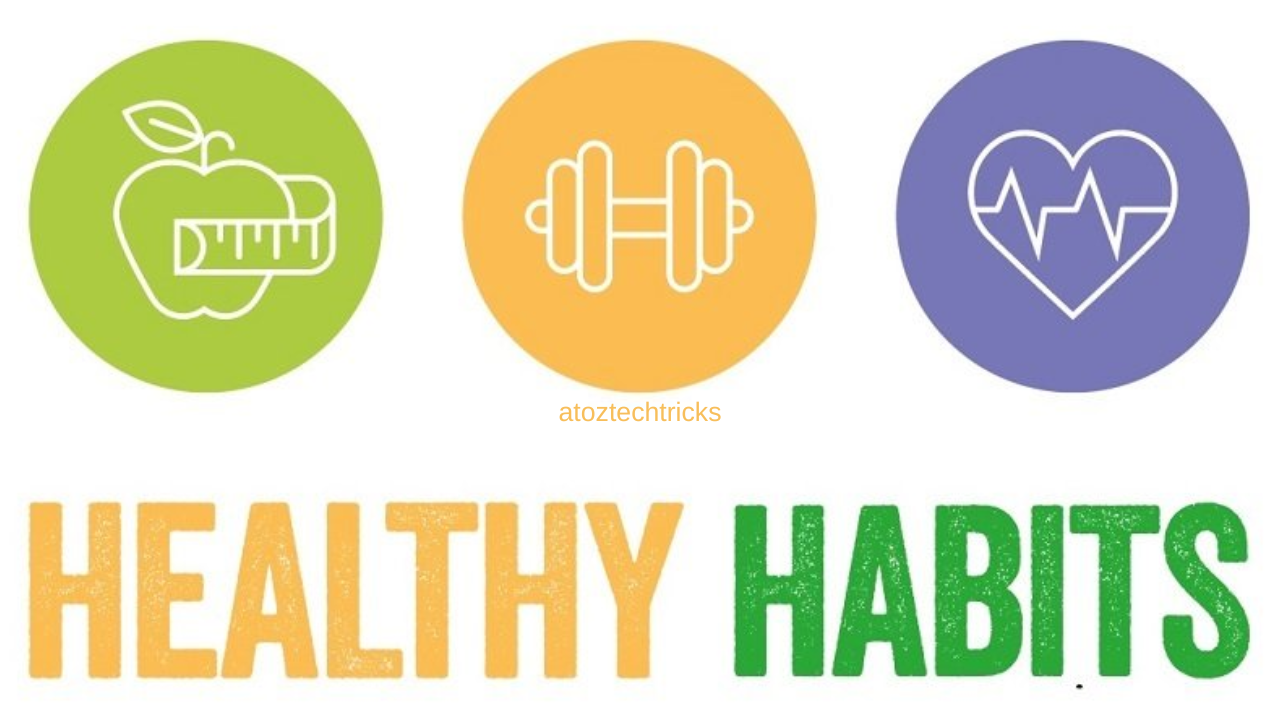Identifying and Addressing Negative Emotions: A Comprehensive Guide
Negative emotions, such as anger, sadness, anxiety, and frustration, are natural parts of the human experience. However, when these emotions become overwhelming or persistent, they can impact our mental and physical well-being. Identifying and addressing negative emotions is crucial for maintaining emotional health and fostering overall well-being. In this comprehensive guide, we will explore strategies for recognizing, understanding, and managing negative emotions effectively.
Understanding Negative Emotions
What Are Negative Emotions?
Negative emotions refer to feelings that are typically unpleasant and can cause distress. These emotions often arise in response to challenging or stressful situations and can include:
- Anger: A strong feeling of displeasure or hostility.
- Sadness: A state of sorrow or unhappiness.
- Anxiety: Persistent worry or fear about potential outcomes.
- Frustration: A feeling of irritation or disappointment due to unmet goals.
While negative emotions are often seen as undesirable, they play a vital role in alerting us to problems and motivating us to take action. For instance, anger can signal that our boundaries are being violated, while sadness can indicate a need for support or change.
The Importance of Identifying Negative Emotions
Recognizing and acknowledging negative emotions is the first step toward addressing them effectively. Ignoring or suppressing these feelings can lead to increased stress, mental health issues, and strained relationships. By identifying negative emotions, we can:
Building Resilience and Emotional Intelligence: A Comprehensive Guide
- Understand Their Source: Determine what triggers these feelings and why they arise.
- Manage Their Impact: Implement strategies to cope with and reduce the intensity of these emotions.
- Enhance Emotional Intelligence: Improve our ability to understand and relate to our own and others’ emotional experiences.
Strategies for Identifying Negative Emotions
Self-Reflection and Awareness
Self-reflection is a powerful tool for identifying negative emotions. Taking time to evaluate our feelings can help us gain insight into what is causing our distress. Here are some methods for self-reflection:
- Journaling: Write about your thoughts and feelings regularly. This practice can help you recognize patterns and triggers for negative emotions.
- Mindfulness Meditation: Engage in mindfulness exercises to become more aware of your emotional state and reactions.
- Emotional Check-Ins: Periodically assess how you are feeling throughout the day and note any significant changes in your mood.
Recognizing Physical Symptoms
Negative emotions often manifest physically. By paying attention to physical symptoms, you can gain clues about your emotional state. Common physical symptoms associated with negative emotions include:
- Tension or Tightness: In areas such as the shoulders, neck, or jaw.
- Increased Heart Rate: Often linked to feelings of anxiety or anger.
- Fatigue: A common response to prolonged sadness or frustration.
Observing Behavioral Changes
Changes in behaviour can also indicate negative emotions. Some behaviours to watch for include:
- Withdrawal: Pulling away from social interactions or activities you once enjoyed.
- Irritability: Becoming easily annoyed or agitated by minor issues.
- Difficulty Concentrating: Struggling to focus on tasks or decisions.
Addressing Negative Emotions
Once negative emotions are identified, it is essential to address them constructively. Here are some effective strategies for managing and overcoming negative emotions:
Cognitive Restructuring
Cognitive restructuring involves changing the way you think about a situation to alter your emotional response. This technique includes:
- Identifying Negative Thoughts: Recognize and challenge irrational or unhelpful thoughts that contribute to negative emotions.
- Reframing Perspectives: Replace negative thoughts with more balanced or positive ones. For example, instead of thinking, “I can never do anything right,” try, “I may have made a mistake, but I can learn from it and improve.”
Stress Management Techniques
Effective stress management can help alleviate negative emotions. Consider incorporating the following techniques into your routine:
- Exercise: Engage in physical activity to release endorphins, which can improve your mood and reduce stress.
- Relaxation Techniques: Practice deep breathing, progressive muscle relaxation, or guided imagery to calm your mind and body.
- Time Management: Organize your tasks and responsibilities to reduce feelings of overwhelm.
Self-Care Practices for Emotional Well-Being: A Comprehensive Guide
Seeking Support
Talking to others can provide relief and perspective on your negative emotions. Support options include:
- Therapy: Professional therapists or counsellors can help you explore and address the underlying causes of negative emotions.
- Support Groups: Connecting with others who have similar experiences can offer comfort and practical advice.
- Friends and Family: Sharing your feelings with trusted individuals can provide emotional support and strengthen relationships.
Building Emotional Resilience
Emotional resilience refers to your ability to cope with and recover from challenging situations. To build resilience, consider the following:
- Develop Healthy Coping Skills: Learn and practice techniques such as problem-solving, assertiveness, and emotional regulation.
- Foster a Positive Outlook: Cultivate optimism by focusing on strengths, setting realistic goals, and practising gratitude.
- Engage in Self-Care: Prioritize activities that promote well-being, such as hobbies, relaxation, and adequate sleep.
Practicing Self-Compassion

Self-compassion involves treating yourself with kindness and understanding during difficult times. To practice self-compassion:
- Acknowledge Your Struggles: Recognize that experiencing negative emotions is a normal part of being human.
- Avoid Self-Judgment: Refrain from criticizing yourself for having negative emotions or making mistakes.
- Offer Yourself Kindness: Speak to yourself with the same compassion you would offer to a friend in a similar situation.
Long-Term Strategies for Emotional Well-Being
In addition to addressing negative emotions as they arise, it’s important to implement long-term strategies for maintaining emotional well-being. These strategies can help prevent the accumulation of negative emotions and foster a more positive outlook on life.
Cultivating Mindfulness
Mindfulness involves being fully present in the moment and accepting your thoughts and feelings without judgment. Regular mindfulness practice can help you:
- Increase Self-Awareness: Develop a deeper understanding of your emotional patterns and triggers.
- Enhance Emotional Regulation: Improve your ability to manage and respond to negative emotions constructively.
- Reduce Stress: Lower overall stress levels by focusing on the present rather than worrying about the future or ruminating on the past.
Impact of Emotional Well-Being on Relationships: A Comprehensive Exploration
Setting Healthy Boundaries
Establishing and maintaining healthy boundaries is essential for emotional well-being. Boundaries help protect your mental and emotional space and can prevent negative emotions from arising. To set healthy boundaries:
- Communicate Clearly: Express your needs and limits openly and respectfully.
- Assert Your Needs: Stand firm in your boundaries while remaining considerate of others’ feelings.
- Practice Self-Care: Ensure that you prioritize your well-being and avoid overextending yourself.
Engaging in Personal Growth
Personal growth involves ongoing self-improvement and self-discovery. By focusing on personal growth, you can:
- Enhance Self-Awareness: Gain a better understanding of your values, goals, and emotional needs.
- Build Confidence: Develop a stronger sense of self-worth and resilience through achieving personal milestones.
- Foster Positive Relationships: Cultivate healthy, supportive relationships that contribute to your overall emotional well-being.
Identifying and addressing negative emotions is a vital aspect of maintaining emotional health and well-being. By recognizing and understanding these emotions, employing effective strategies for managing them, and implementing long-term practices for emotional resilience, you can navigate life’s challenges with greater ease and foster a more positive and balanced emotional state.
Remember, negative emotions are a natural part of the human experience, and addressing them constructively can lead to personal growth, improved relationships, and overall well-being. Embrace the process of self-discovery and self-care as you work towards a more emotionally fulfilling life.





Post Comment